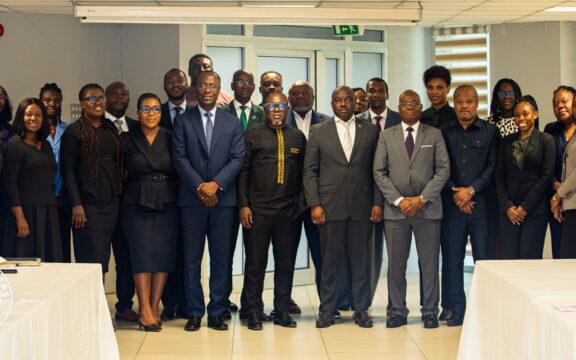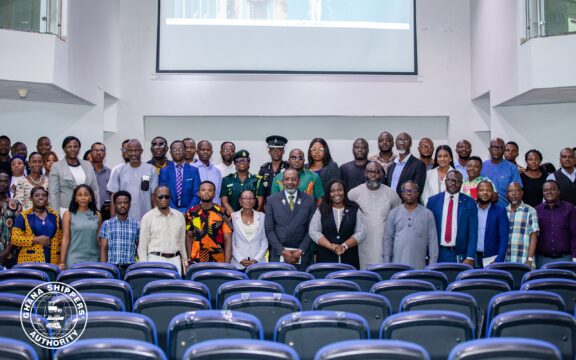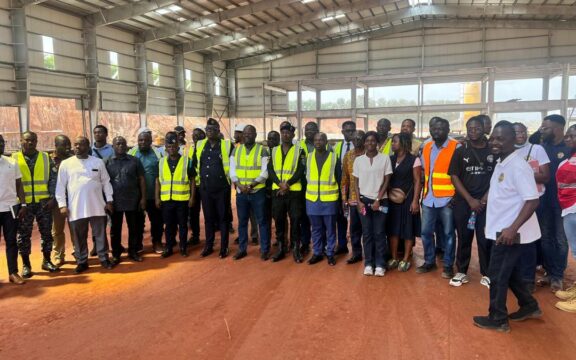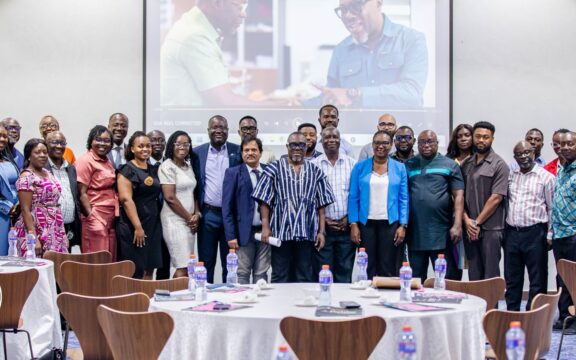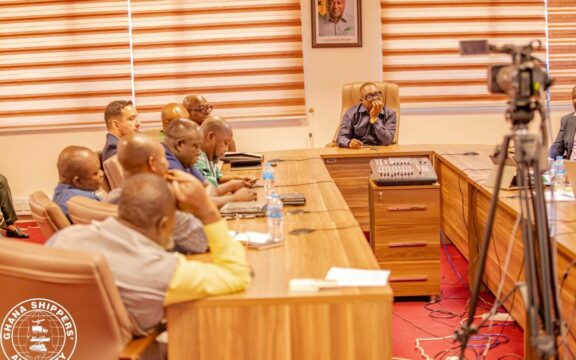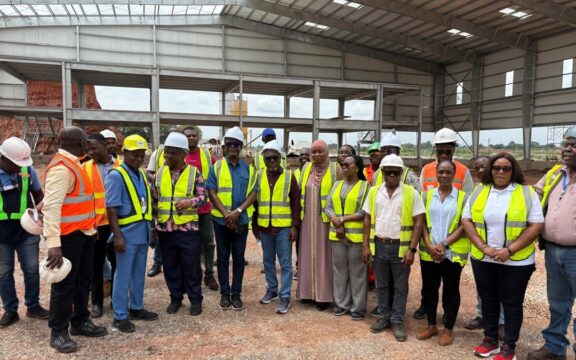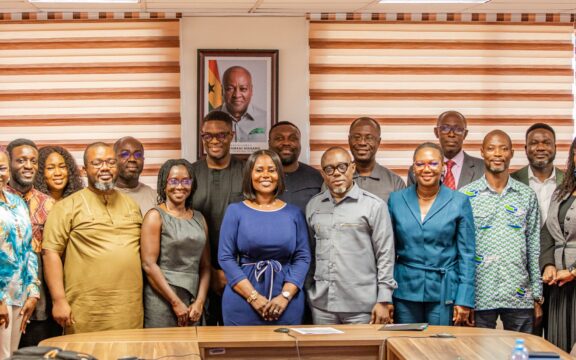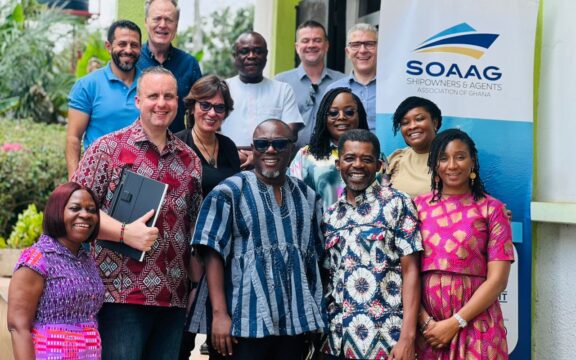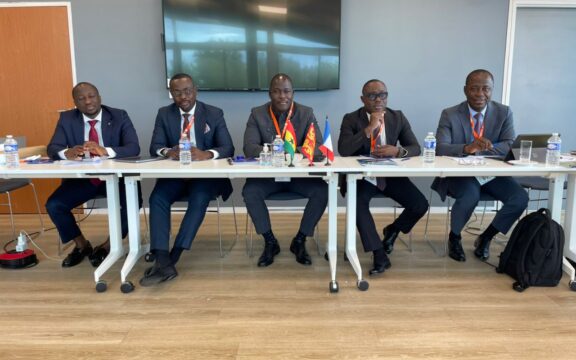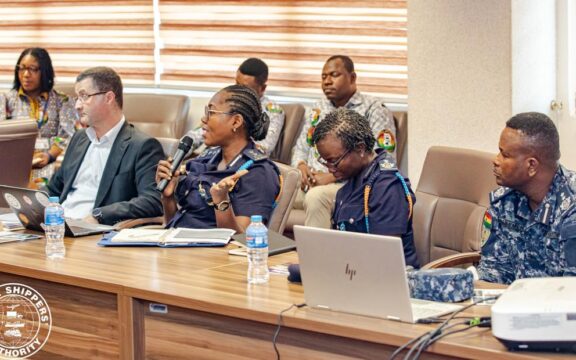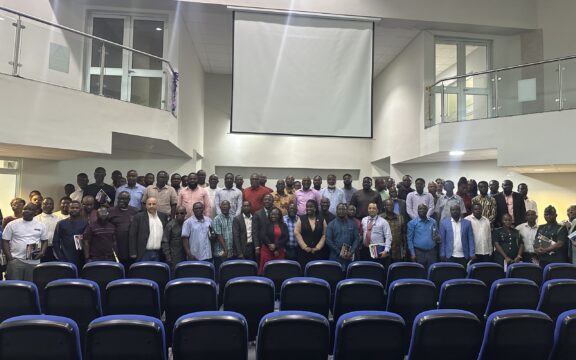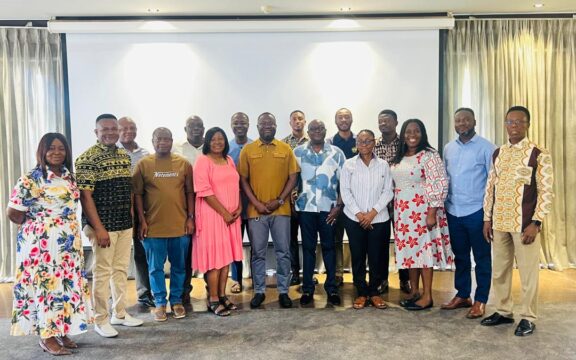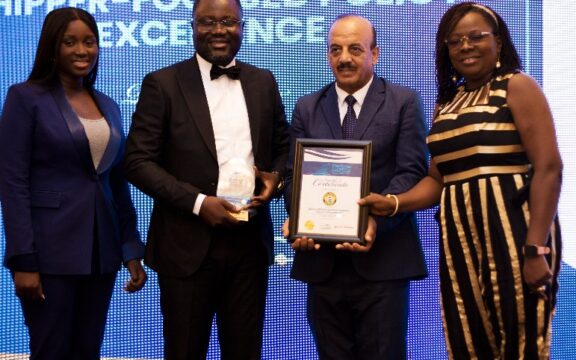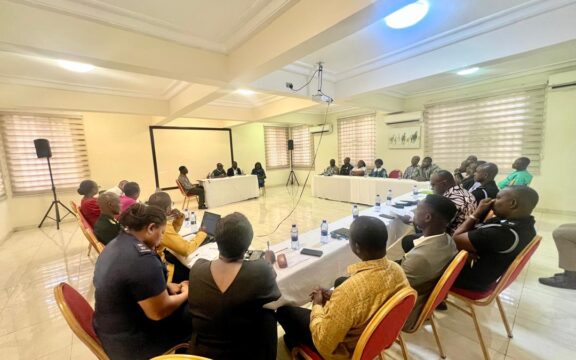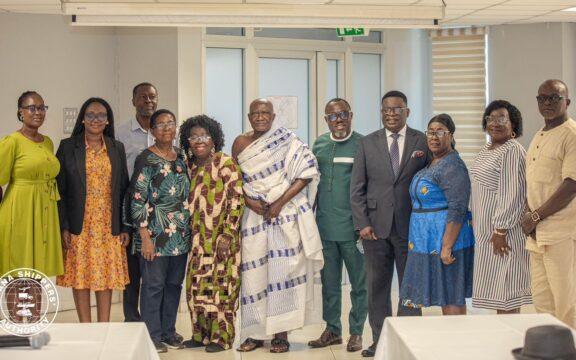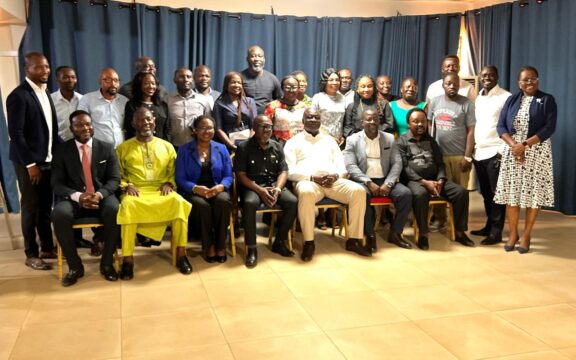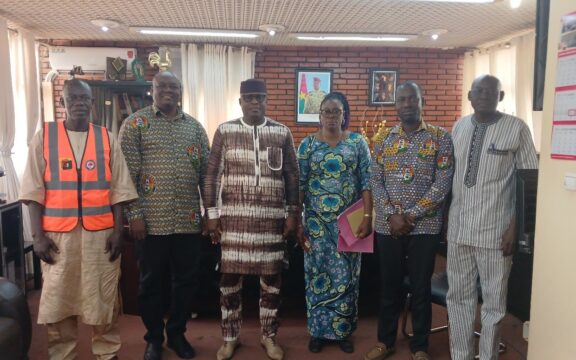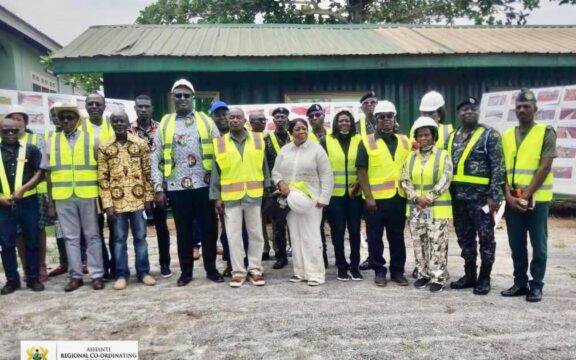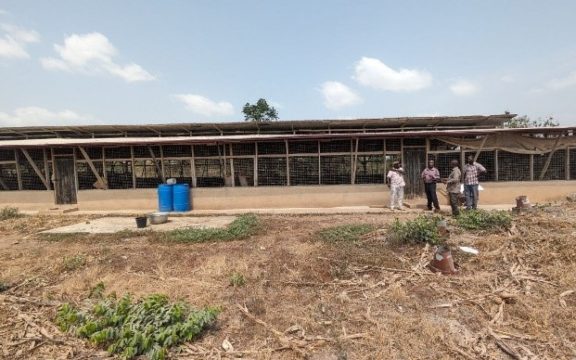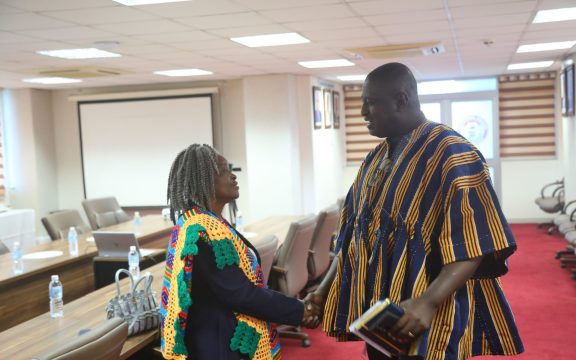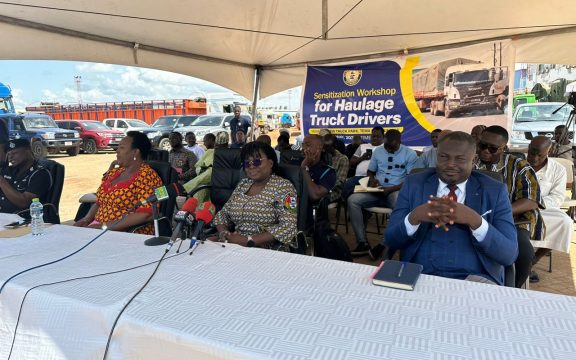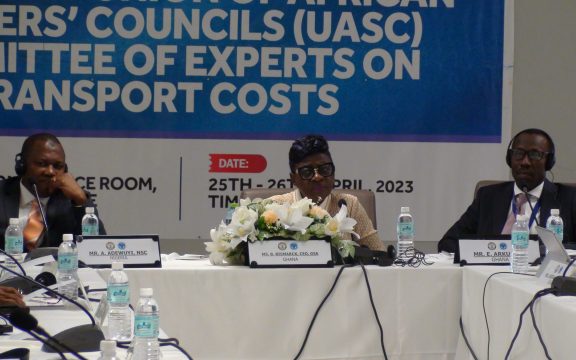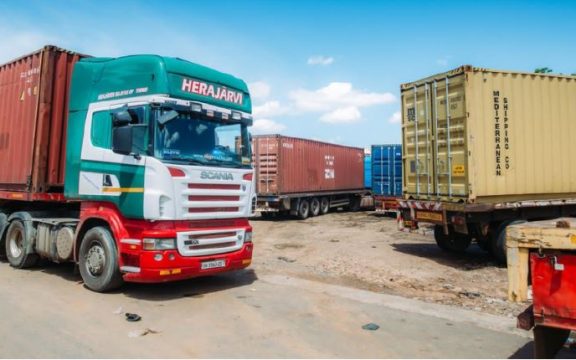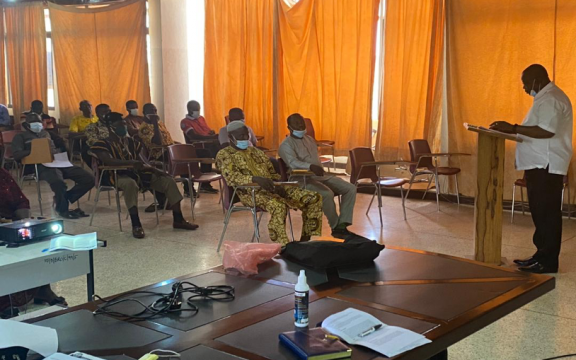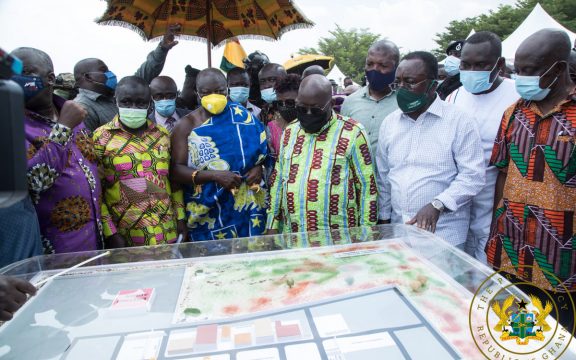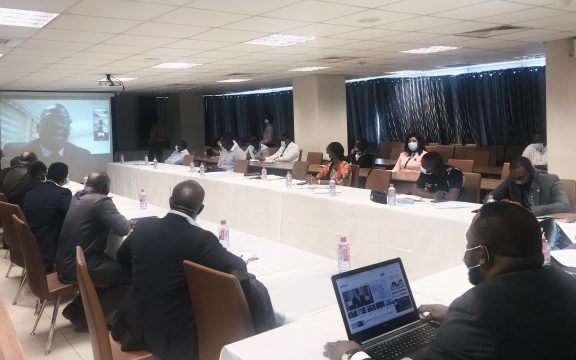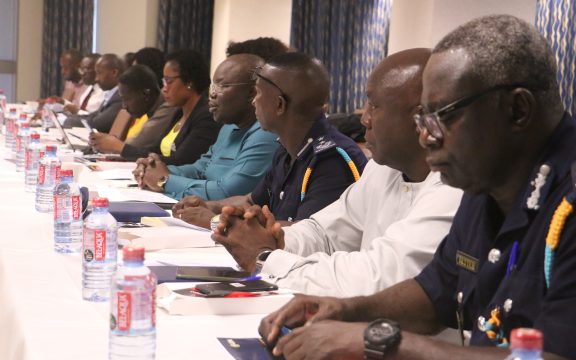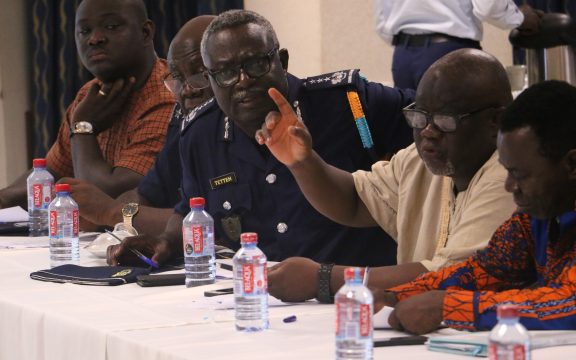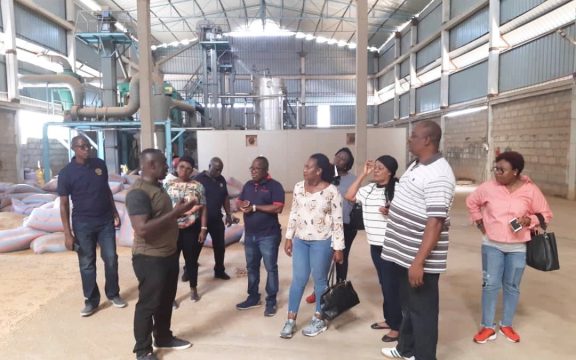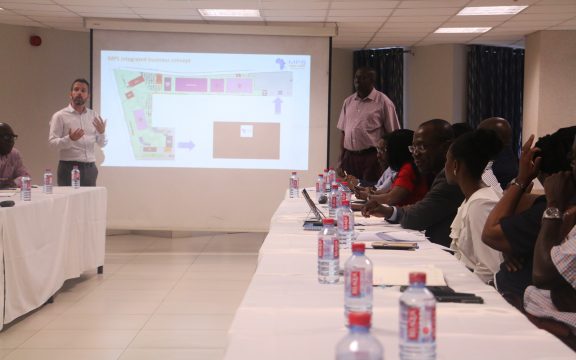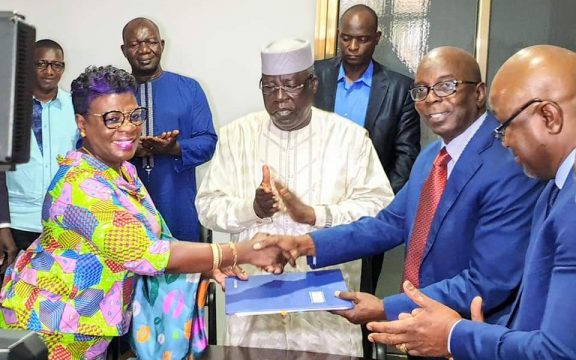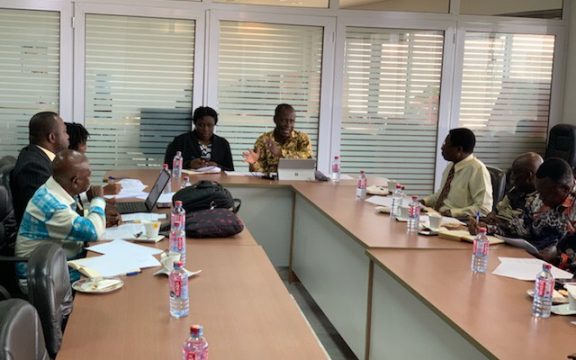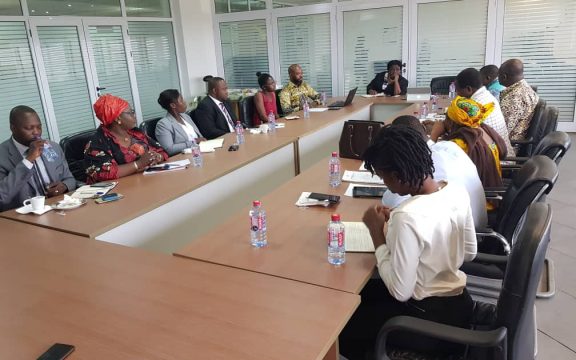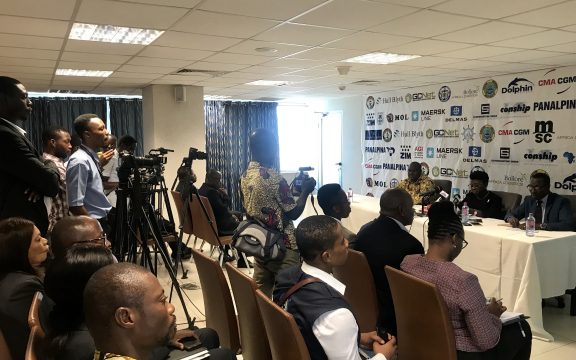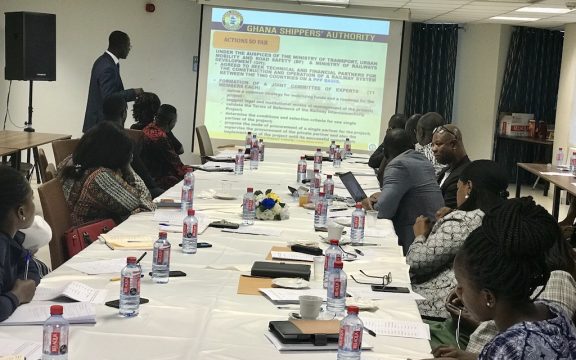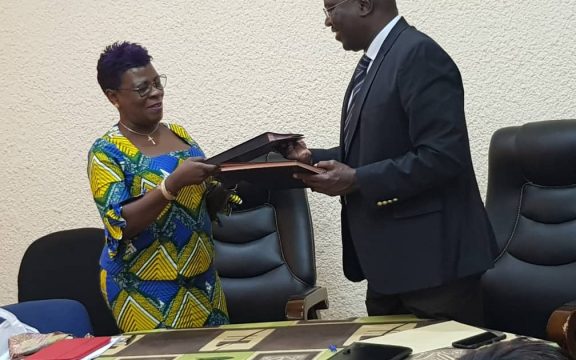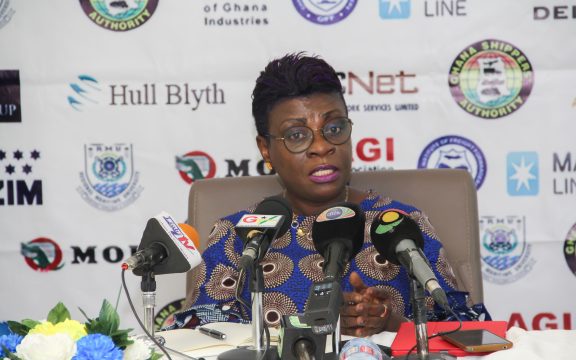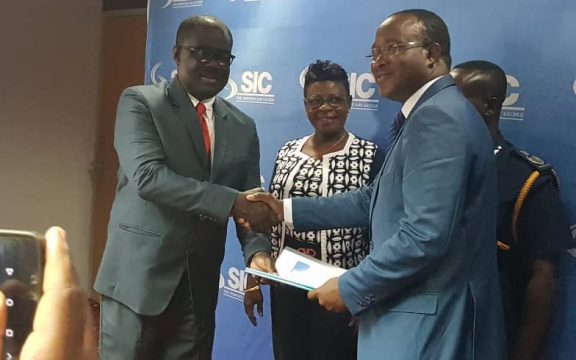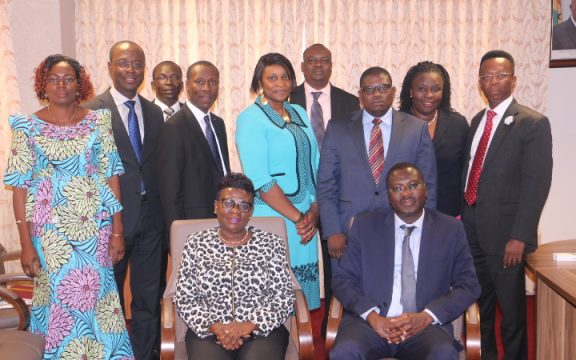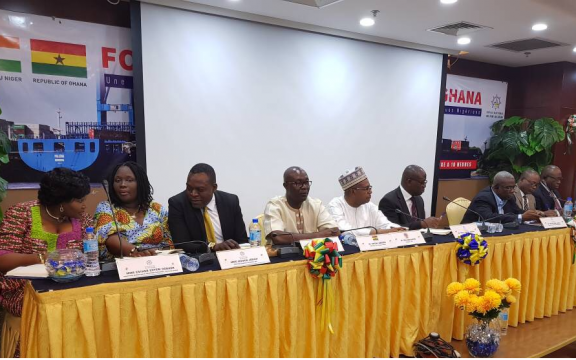Ghana and Niger have renewed their long-standing trade cooperation with the signing of a new Memorandum of Understanding (MoU) in Accra, committing to tackle persistent bottlenecks on the transit corridor and boost the efficiency of cross-border shipping services.
 At a ceremony held at the Head Office of the Ghana Shippers’ Authority (Shippers’ House), the Chief Executive Officer, Prof. Ransford Gyampo, described the pact as timely, noting that transit operators continue to face challenges such as value-added tax (VAT) on transit cargo, opacity in handling goods, multiple checkpoints, extortion, axle load issues, and security risks.
At a ceremony held at the Head Office of the Ghana Shippers’ Authority (Shippers’ House), the Chief Executive Officer, Prof. Ransford Gyampo, described the pact as timely, noting that transit operators continue to face challenges such as value-added tax (VAT) on transit cargo, opacity in handling goods, multiple checkpoints, extortion, axle load issues, and security risks.
“Central to the challenges commercial operators face on Ghana’s corridor include VAT on Transit, the nontransparent handling of transit cargoes on UCL and without recourse to the transit importer, numerous checkpoints and related extortions, axle load problems, and security issues. These add to the cost of doing business and reduce the competitiveness of our commercial operators.” He noted.
 Prof. Gyampo urged all transit shippers to register with the GSA in line with the Ghana Shippers’ Authority Act, 2024 (Act 1122). He described the registration exercise as critical to sanitising the transit system, strengthening accountability, and curbing malpractice. The database to be created following registrations, he noted, would also be shared with the Niger Shippers’ Council to improve coordination and mutual trust.
Prof. Gyampo urged all transit shippers to register with the GSA in line with the Ghana Shippers’ Authority Act, 2024 (Act 1122). He described the registration exercise as critical to sanitising the transit system, strengthening accountability, and curbing malpractice. The database to be created following registrations, he noted, would also be shared with the Niger Shippers’ Council to improve coordination and mutual trust.
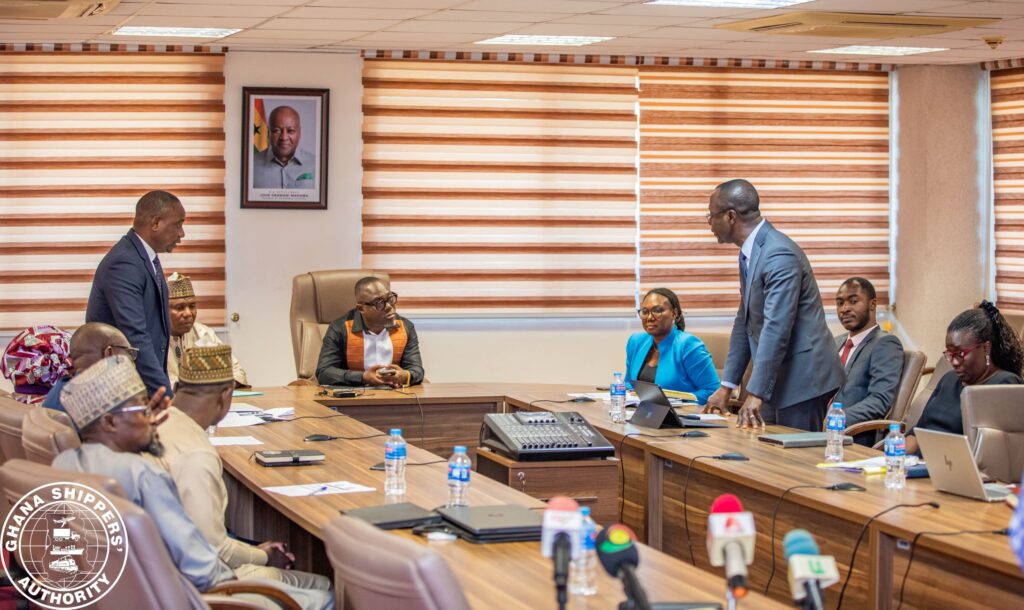 “Importantly, this data will be shared with our esteemed partners at the Niger Shippers’ Council to facilitate smoother trade flows, enhance coordination, and strengthen mutual trust between our two institutions.”
“Importantly, this data will be shared with our esteemed partners at the Niger Shippers’ Council to facilitate smoother trade flows, enhance coordination, and strengthen mutual trust between our two institutions.”
He pointed to ongoing investments such as the Boankra Integrated Logistics Terminal (BILT), designed to serve northern Ghana and landlinked neighbours including Niger, Mali, and Burkina Faso. When completed, BILT is expected to cut transport costs by 14 percent for cargo through Tema Port and up to 48 percent for Takoradi Port. The project ties into the government’s broader 24-hour economy policy, which seeks to boost productivity and competitiveness by ensuring continuous operations across critical sectors, including logistics.
 The new MoU commits both countries to joint efforts in information exchange, Customs harmonisation, ICT-based cargo tracking, research, shipper training, and infrastructure development, while also establishing a technical committee to monitor progress and address emerging disputes.
The new MoU commits both countries to joint efforts in information exchange, Customs harmonisation, ICT-based cargo tracking, research, shipper training, and infrastructure development, while also establishing a technical committee to monitor progress and address emerging disputes.
The GSA boss also addressed concerns about the enforcement of the ECOWAS Supplementary Act on axle load limits by Niger, which has sparked resistance from some Ghanaian drivers. He said the GSA, working with transport Unions, will roll out sensitisation programmes to promote compliance and ensure smooth transit flows.
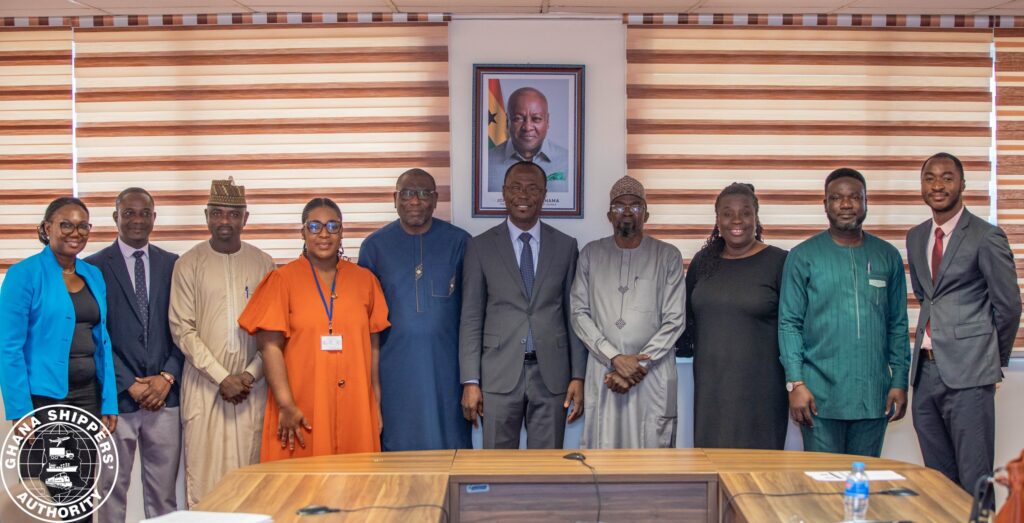 The Director-General of the Niger Shippers’ Council, Colonel Major Souley Ibrahim commended Ghana for the steps taken to improve transit trade. He pledged Niger’s collaboration in enforcing axle load rules, harmonising customs procedures, and advancing regional trade integration.
The Director-General of the Niger Shippers’ Council, Colonel Major Souley Ibrahim commended Ghana for the steps taken to improve transit trade. He pledged Niger’s collaboration in enforcing axle load rules, harmonising customs procedures, and advancing regional trade integration.
“This MoU reflects our shared responsibility to promote efficiency and strengthen trade between our two countries,” he said.
Ghana and Niger have a long history of cooperation in transit trade, formalised through MoUs signed in 2000, 2007, and 2018. The latest pact expands the scope to reflect new challenges in regional trade while positioning Ghana as a stronger transit hub within West Africa.





